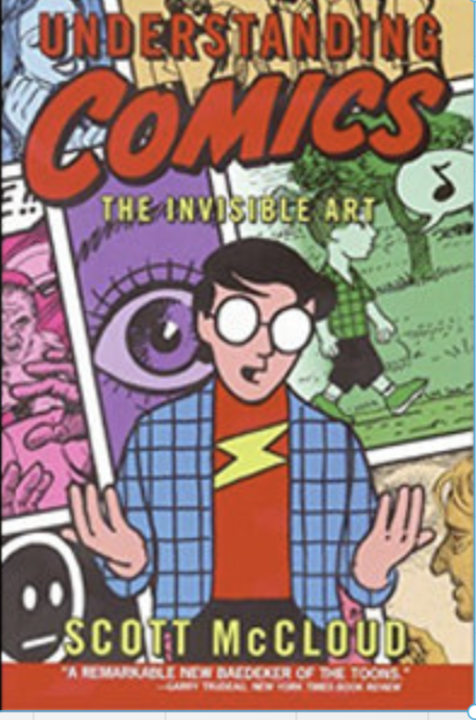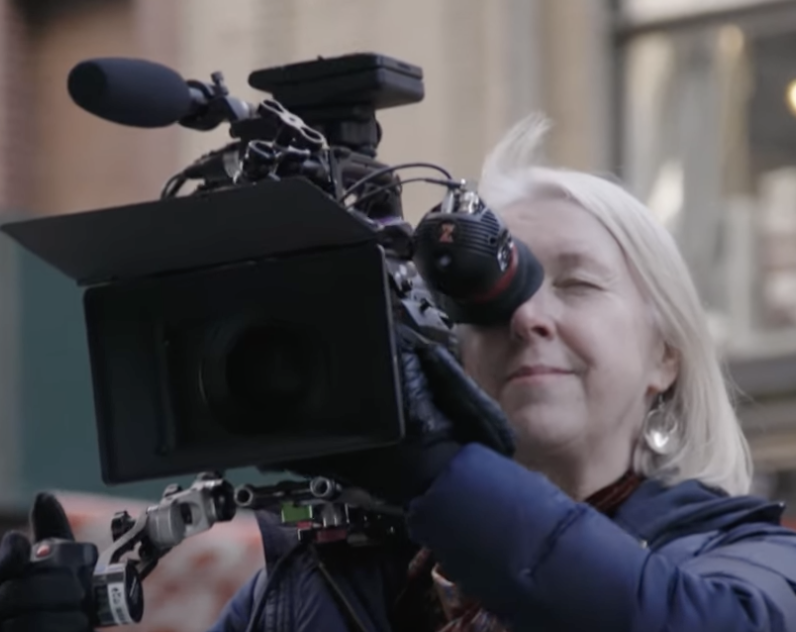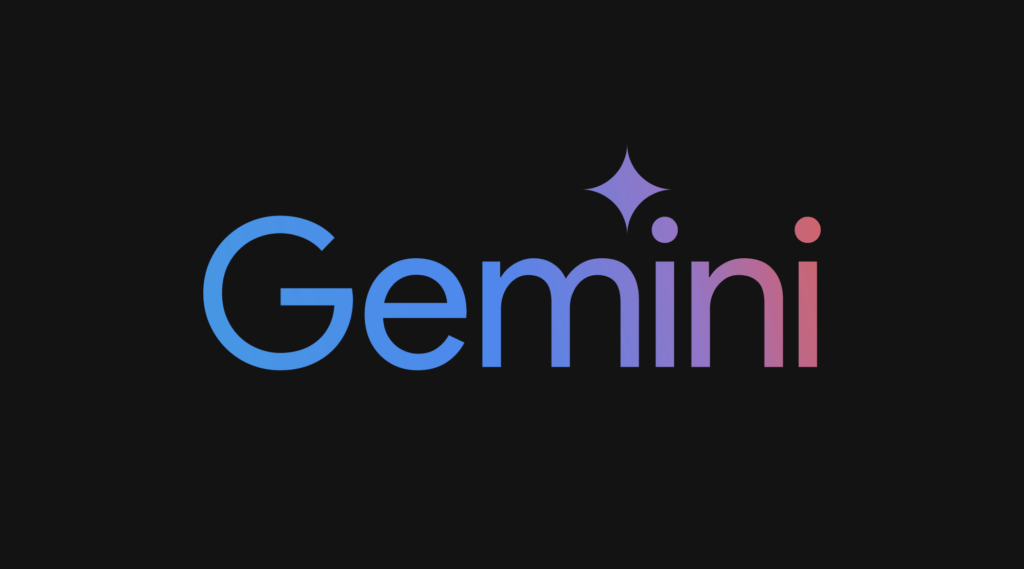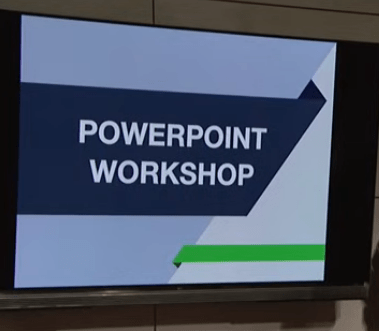WELCOME TO THE COURSE!
What are the ways we compose and form identities in online spaces? In EN 110, we'll explore multiple writing styles as we engage with literacy, rhetoric, debates & conspiracies and transforming research in digital space!
Comp 1 - Digital Media Experiences
Welcome Slides
Let's get started!




For all group members, select a color card for Ramsdall and share with the Group when ready: What did you discover?
RED - Page 281, Craft an Interesting...What? How does this work?
BLUE - Page 273, Narratives can be WHAT...? Provide Your Example.
GREEN - Page 274, Examples of Two Weird Words about Stories would be...How could I use these myself?
ORANGE - Page 278, In Something I've seen recently, an example of "Dominant Impression" would be... I could use this...
PURPLE - Page 280, Show Don't Tell with an artifact you have on you or can talk about in a meaningful way... (What is Show Don't Tell?)
"Who I Am" Scanvenger Activity
-
You can call me Dr. Smothers, Doc S, or That Writing Guy
-
Hometown: Harrodsburg, KY
-
I've taught First-Year and Advanced Writing Courses, Business Communication, and Digital Rhetoric and Writing, as well as a Visual Research Writing Course focussed on icons.
-
My Special Research Interests include visual rhetorics, iconography, and digital circulation online related to icons, symbols, and artifacts. I’m interested in visuals and how they are used in marketing and advertising. I have skills with web building, infographics, and researching.
-
I enjoy rock collecting, fishing, going to national parks, and reading fiction, poetry, and non-fiction.
Your Instructor


- Office - Cupples Hall 425 (the very top, 4th floor) - walk through the entrance of Smiley Library
-
Hours
- M/W 11am-1pm
- T/R 12:30pm-2pm
- And by appointment
- EMAIL: esmothers@centralmethodist.edu
- You can also message through Canvas Inbox but direct email I will respond faster usually within a 12-24 hour window or sooner.
Instructor Contact Info


Questions for Discussion:
- What are some common misconceptions or wrong ideas that people often have about writing? Can this keep people from doing their best? Why?
- If you were to replace the act of "writing" with "communication" what might be a new or interesting way writing is produced today?

Bad Ideas about Writing Open Text Source

COMP 1: What do you notice about communication in these images? Are these images still about writing?










In Comp 1, we will learn how different types of writing and communication are needed for presenting to an audience and what it means to be "digitally literate" and when communication falls short. What does being "literate" mean?
SNL - Problems with Literacy
In this course, you will be engaging in:
- Weekly HW Reading Notes (Practice annotating/pulling important info from our content).
- In-Class Writing Exercises addressing the readings, project essays, and working with each other. Participation is a big part of composition and this class.
- Essays which show personal, narrative, analytical, argumentative, and evidence-driven growth throughout the semester.
- Constructing and creating content beyond the written word and into multimodal spaces.
- FINAL GRADE NEEDS TO BE A "C" TO EARN CREDIT FROM THE COURSE.
Course Overview
Tuesdays/Thursdays, 75 min.
- Kickstarter: This 5-10min. warm-up writing exercise will draw on content and idea generating, Elbow's Free-writing techniques, and responding to a prompt.
- Discussion/Presentation on Readings/Topics: (10-15min) Your instructor will go over key insights from readings, ask questions, share content and get everyone ready for larger writing tasks.
- Main Class Writing Activity: (25-30min) In Comp 1 you will be given in-class time to complete an activity connected to readings and major essays. Some of this time will be individual and some will be in groups.
- Debrief (5-10min.) Sharing with class and instructor goes over any HW or upcoming assignments.
Course Structure
- In a Tuesday/Thursday course, you are allowed 4 absences but Do NOT expect to pass the course if your attendance grade falls below 70%.
-
Excused absences are because of:
- Sickness/Illness
- Family Emergency
- Professional or Legal Obligation
- CMU sanctioned events
- 2-3 minutes late = tardy; 5+ minutes late = absence
*Note: Regardless of the type of absence, YOU are still responsible for Due Dates and making arrangements with your instructor to make-up work you will be missing.
Course Policies - Attendance
-
Late Work
- As the instructor, I reserve the right to decide what can be made up and what cannot. Be advised there are In-Class Assignments/activities such as Peer Reviews that count towards participation and cannot be made up if absent.
- ANY late assignment is subject to partial credit (HW, in-class, etc.) or half credit (major assignments).
- Extensions are handled on a case-by-case basis unless instructor opts for a change in schedule collectively.
-
IMPORTANT: Email me and keep the line of communication open as to what is going on with you as this helps me understand your situation and determine whether you are able to make up your work or not.
Course Policies-cont.
- Be respectful of one another during and outside this class. Whether in-class discussion, group collaboration, or presentation; be kind and helpful to one another.
- I want to promote a positive mental well-being in my class, and if there is something that impacts your presence, please let me know if you need to leave or can't make it. Participation, discussion, and collaboration in a writing class is important. Good work ethic depends on YOU.
- I have posted office hours for a reason - Please stop by to visit if you have questions about the class, an assignment, or how you can be successful in the course. I do want to help.
Course Etiquette
- My idea versus A.I. - How is our way of thinking and explaining different from A.I.?
- We will learn how to cite/reference A.I.'s ideas, other scholar/sources, and making sure our voice is present.
A.I. Reflections










Big Words can be confusing when not explained... sometimes simple words are most effective.
A.I. + Writing Policy

Always CITE- like this (SOURCE) where info comes from.

Forget what you've been told about not using "I": first-person perspective is good for details/research.

In Summary, Plagiarism is taking another person, thing, or construct's work and claiming it as your own. Avoid this at all costs by:
- Always CITE your sources (MLA, APA) and show readers where you got your content from.
- LIMIT information or writing you are getting from A.I. Writing Tools or generators
- DO NOT Copy and Paste Content directly into your Word Doc WITHOUT CITATION (SOURCE), especially if it is your ESSAY.
- Have ideas of your own, not just relying on what sites, writers, or A.I. say.
A.I. Plagiarism can lead to major grade deductions, zeros, academic dishonesty forms, or even failing the course! If in doubt, ASK!
Academic Honesty and Avoiding Plagiarism
For today, we will spend some time identifying "artifacts" that connect to our life story that you want to share with your fellow classmates. In today's discussion writing thread, you'll find two objectives:
- Individually: Compose in a solid paragraph or 2 your own Introduction Post, sharing fun information about yourself. An "artifact" may be a photo, pet/travel related, skill-related, or URL link to content, organization, or club you follow or are interested in. You can post text or images in discussion thread *you may want to start in a Word doc and then copy over to thread*
- Create and Share: Add to your original show-and-tell post based on a few of your Scenario Cards! Compose how you would finish the statment.
Show N' Tell Artifacts - Scenario Writing Game
We will share & introduce our content time permitting.
Practice: Freewriting Exercise!
- News/Politics
- Sports Broadcasting
- Video Games
- Film & Movies
- A Social Media Platform
- School/Major
- Extracurricular Club
- Travel Destination
- Home/Background
- Person of Influence
What is the Rhetorical Situation?
- To Inform... To compare/contrast...
- To Persuade... To describe...
- To Educate... To debate...
- To Prove/Disprove... To Evaluate/Judge...
- To Connect with others... To explore something new...
What is your Topic?
- Grammar & Style are tools to better communicate with our audience - tools that we are controlling, rather than it controlling us; words help us accomplish our purpose for our audience (Hulst 87-88).
-
Content vs. Context - Ask yourselves when writing:
- What am I saying? How am I saying it? Why? And for whom? (does my information fit the situation?)
When I write do I have...
-
Subject (the sentence is about...noun, pronoun)
- Can I use "I" "My" in college writing? - The answer is yes!!
- Verbs (action words) - jumped, leaped, catapulted
- Adverbs (words that describe actions, e.g. boldly)
- Punctuation = (.) (,) (!) (?) (;) - end your sentence or thought
Writing Styles & Techniques - Doc's Notes
- Both Cassel & Hulst discuss what can happen to the meaning of a piece of writing when we don't observe certain rules of punctuation, grammar, and basic writing style. Let's take a look at some fun examples.
Writing Styles & Techniques - continued...
- What are Cassell's THREE strategies for "Reading like a Writer"? (5-6).
- Strategy 1: Learning Explicitly
- (Tip: Ask yourself - What are the rules for this writing assignment? What are the Do's and Don'ts?)
- Strategy 2: Visual Reading
- (Tip: Do my words, paragraphs, punctuation, or figures on the page flow well or are appealing?)
- Strategy 3: Aural Reading
- (Tip: Read out loud what you write - where do things sound wrong?)
- Strategy 1: Learning Explicitly
Writing Styles & Techniques - continued...
Rules of Writing
- Which perspective of writing, 1st person, 2nd person, 3rd person is most appropriate?
- Is good grammar and writing mechanics a thing of the past?
- Writing is about "correctness"... but when are my choices wrong?
- Prove what writing is YOU and what comes from OTHERS. Always use details.
Context of Writing
- What about my experiences?
- What if I have lots of ideas and am not sure how to organize?
- What is YOUR rhetorical situation?
- Write to narrate, to inform, to persuade, to advertise, to argue, to prove, to show...




Our week 1 readings propose helpful insights into critical reading and writing strategies to consider when becoming better writers. To help you prepare your Week 1 notes, contribute to the class discussion thread.
- Choose at least TWO of this week's readings/resources and discuss some valuable information they provide about writing, grammar, and reading critically. Importantly, what do you want to improve on with writing? How does our content this week help you think about the writing process? What was your Free-Write Exercise about?
- After you post your findings, take some time to look at other posts and reply to another student (Did they find the same useful information you did? Did they focus on the same concept or idea?) Leave them a quick reply why you believe this matters to you as a writer.
In-Class Week 1: Writer's Techniques
Within any Writing Course you want to identify these things:
1. What content is MOST important to apply and use from readings and sources I'm using?
2. What is the instructor or writing prompt expecting from me? What should my writing style be like (e.g. personal, rhetorical, compare/contrast, find evidence, persuade, inform etc.)
3. Do my ideas flow well from one paragraph to the next? Will my readers understand?
Comp 1 Welcome Slides
By codys
Comp 1 Welcome Slides
- 489






